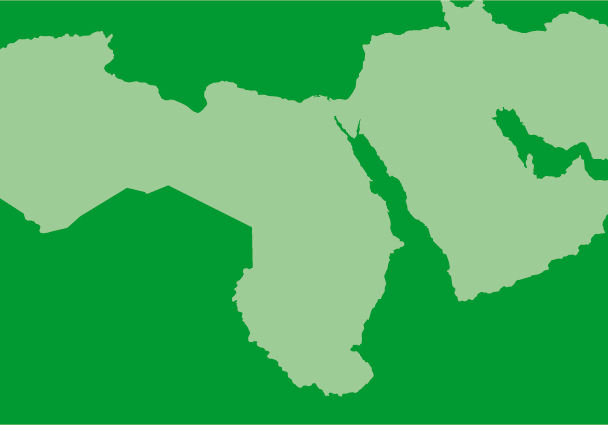
May 2, 2023 | Advocacy, News
Authorities in the United Arab Emirates (UAE) continue their sustained assault on human rights and freedoms, including targeting human rights activists, enacting repressive laws, and using the criminal justice system as a tool to eliminate the human rights movement. These policies have led to the closure of civic space, severe restrictions on freedom of expression, both online and offline, and the criminalisation of peaceful dissent.
For more than 10 years, UAE authorities have been unjustly detaining at least 60 Emirati human rights defenders, civil society activists, and political dissidents who were arrested in 2012 because of their demands for reform and democracy or their affiliation with the Reform and Social Guidance Association (al-Islah). Some from this group, commonly known as the “UAE 94” because of the number of defendants in their mass trial, were subjected to enforced disappearance, torture and other ill-treatment. They were sentenced to between 7 and 15 years in prison during a trial in 2013 that failed to meet minimum fair trial standards.
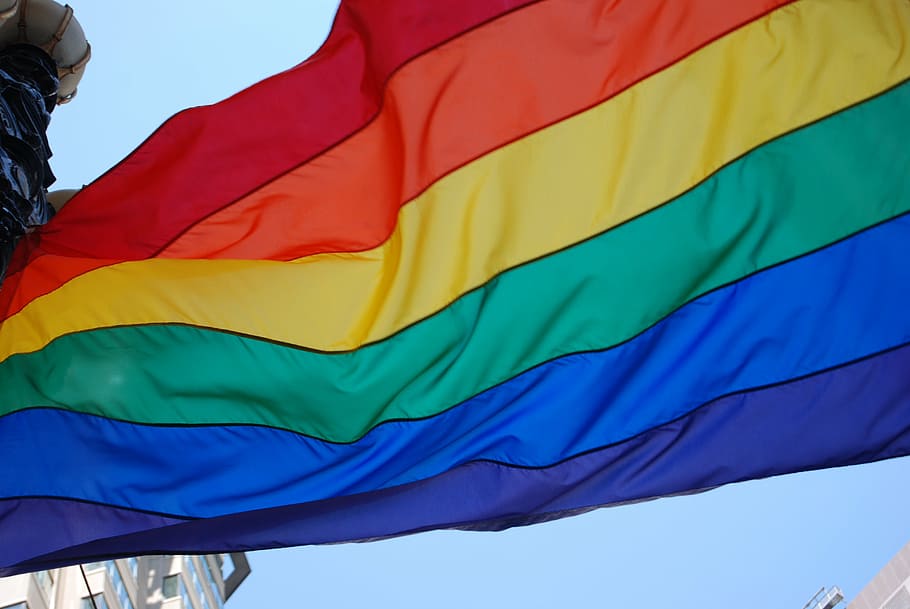
May 17, 2022 | News
On the International Day Against Homophobia, Biphobia and Transphobia, the International Commission of Jurists (ICJ), ILGA Asia and five other human rights organizations condemn the death penalty under any circumstances, including as a punishment for consensual, same-sex sexual conduct in Asia, and call for its unconditional abolition.
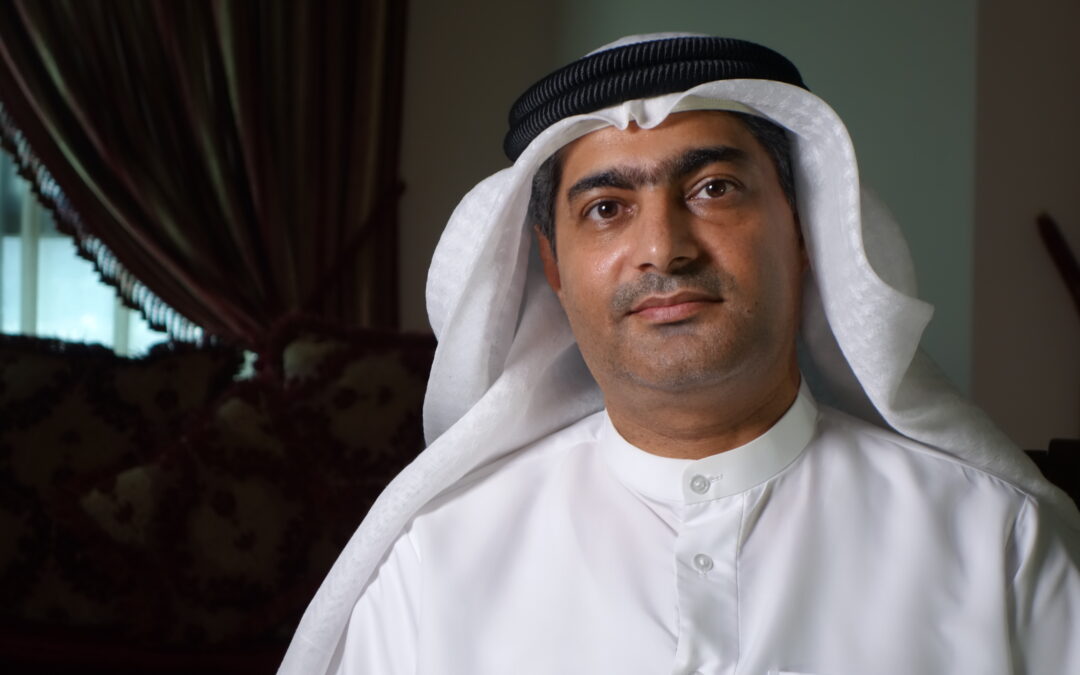
Mar 20, 2018 | News
The authorities in the United Arab Emirates (UAE) should reveal the whereabouts of prominent human rights defender and citizen-journalist Ahmed Mansoor and release him immediately and unconditionally, two dozen human rights organizations, including the ICJ, said today.
Ahmed Mansoor is being held for his peaceful human rights work.
20 March 2018 marks one year since security forces arbitrarily arrested Mansoor, winner of the Martin Ennals Award for Human Rights Defenders in 2015, at his home in Ajman.
The UAE authorities have continued to detain him in an unknown location, despite condemnation from UN human rights experts and independent human rights organizations.
“The authorities have subjected Ahmed Mansoor to enforced disappearance since his wife last saw him in September 2017. They must reveal his whereabouts to his family and grant him immediate access to them and to a lawyer of his choosing,” said Khalid Ibrahim, Executive Director of the Gulf Centre for Human Rights (GCHR).
Following his arrest, the authorities announced that he is facing speech-related charges that include using social media websites to “publish false information that harms national unity.”
On 28 March 2017, a group of UN human rights experts called on the UAE government to release Mansoor immediately, describing his arrest as “a direct attack on the legitimate work of human rights defenders in the UAE.”
They said that they feared his arrest “may constitute an act of reprisal for his engagement with UN human rights mechanisms, for the views he expressed on social media, including Twitter, as well as for being an active member of human rights organizations.”
“Mansoor’s arbitrary detention is a violation of his right to freedom of expression and opinion. The UAE authorities must drop all charges against him and release him immediately,” said Carles Torner, Executive Director of PEN International.
Since his arrest, Mansoor has not been allowed to make telephone calls to his family and has been allowed only two short visits with his wife, on 3 April and 17 September 2017, both under strict supervision.
He was brought from an unknown place of detention to the State Security Prosecutor’s office in Abu Dhabi for both visits.
The authorities have refused to inform his family about his place of detention and have ignored their requests for further visits.
In February 2018, a group of international human rights organizations commissioned two lawyers from Ireland to travel to Abu Dhabi to seek access to Mansoor.
The UAE authorities gave the lawyers conflicting information about Mansoor’s whereabouts.
The Interior Ministry, the official body responsible for prisons and prisoners, denied any knowledge of his whereabouts and referred the lawyers to the police.
The police also said they had no information about his whereabouts. The lawyers also visited Al-Wathba Prison in Abu Dhabi following statements made by the authorities after Mansoor’s arrest, which suggested that he was being held there.
However, the prison authorities told the lawyers that there was nobody matching Mansoor’s description in prison.
“Pending his release, Mansoor must be granted immediate and regular access to his family, as well as to a lawyer of his choosing,” said Sima Watling, UAE Researcher at Amnesty International’s Middle East Regional Office.
UAE-one-year-Ahmed-Mansoor-remain-unknown-2018-ENG (Full text in PDF)
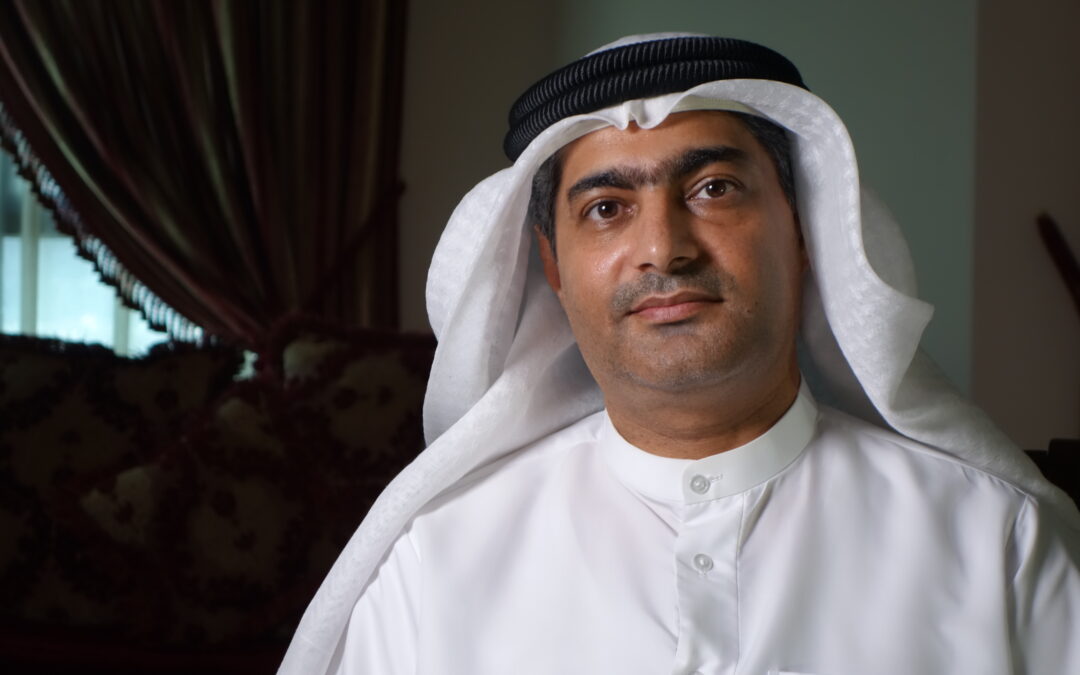
Jun 20, 2017 | News
The Martin Ennals Foundation and the ten human rights organizations that make up the jury of the Martin Ennals Award for Human Rights Defenders (MEA), including the ICJ, today renewed their appeal to the UAE government to release immediately and unconditionally Ahmed Mansoor.
Ahmed Mansoor is the last remaining human rights defender in the UAE who had previously been able to criticize the authorities publicly, they say.
Ahmed Mansoor received the Martin Ennals Award for Human Rights Defenders in 2015.
Three months ago today, in the pre-dawn hours of 20 March about a dozen security officers arrested Ahmed Mansoor at his home in Ajman, about 150 kilometres northeast of Abu Dhabi, the capital of the UAE.
“We urge the UAE government to end the incomprehensible three-month imprisonment of Ahmed Mansoor. This is really about the UAE failing to respect basic principles of justice,” said Dick Oosting, Chairperson of the MEA Board.
“The purported case against Ahmed Mansoor beggars belief. States have the duty to bring to justice those whom they suspect of having committed criminal offenses,” he added.
“Yet what is clear is that the UAE authorities have arbitrarily deprived him of liberty and taken him away from his family for peacefully exercising his human right to freedom of expression. The three-month lapse and total lack of transparency indicates, likewise, that the authorities merely wanted to silence him,” he further said.
On 20 March, the UAE authorities stated that Ahmed Mansoor was accused of using social media websites, including to “publish false and misleading information that harm national unity and social harmony and damage the country’s reputation,” under the UAE’s repressive 2012 Cybercrime Law, which authorities have used to imprison numerous human rights activists and which provides for long prison sentences and severe financial penalties.
On 28 March, a group of United Nations human rights experts called on the UAE government to release him immediately, describing his arrest as “a direct attack on the legitimate work of human rights defenders in the UAE.” They expressed their fear that his arrest “may constitute an act of reprisal for his engagement with UN human rights mechanisms, for the views he expressed on social media, including Twitter, as well as for being an active member of organizations such as the Gulf Centre for Human Rights, and an active supporter of others, including Human Rights Watch.”
The next day, the UAE authorities responded directly to the statement, disputing the allegation that Ahmed Mansoor’s detention was arbitrary, and stating that he “has the freedom to hire a lawyer and that his family has full access to the place of confinement and is allowed to visit him.”
The government has detained Ahmed Mansoor in Abu Dhabi.
It is too far from his home for regular visits from his family, who have only been able to see him once in the last three months.
The authorities appear determined to isolate Ahmed Mansoor from his own family.
Despite government assertions that he is able to do so, it appears that he has not been able to appoint an independent lawyer of his own choosing.
This is a necessary component of the right to a fair trial.
The right to see a lawyer is a basic right of anyone detained as outlined in article 16 of the Arab Charter on Human Rights, which the UAE has ratified.
The ten human rights organizations that make up the jury of the Martin Ennals Award for Human Rights Defenders reiterate their call to the UAE authorities to release Ahmed Mansoor immediately and unconditionally, since the charges against him relate solely to his human rights work and his right to freedom of expression.
In the meantime, he should be granted immediate and regular access to his family and a lawyer of his choosing. The UAE must end their harassment of human rights defenders and critics of the authorities.
Signatories
Organizations forming the jury of the Martin Ennals Award:
Agency for Diakonia and Development, Germany
Amnesty International
FIDH
Front Line Defenders
Human Rights First
Human Rights Watch
International Commission of Jurists
International Service for Human Rights
HURIDOCS
World Organisation Against Torture (OMCT)
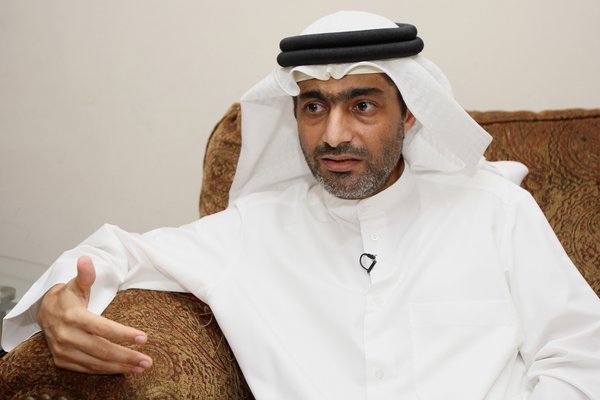
Apr 20, 2017 | News
Authorities in the United Arab Emirates should immediately release Ahmed Mansoor, an award-winning human rights defender who is facing charges that violate his right to freedom of expression, a coalition of 18 human rights organizations, including the ICJ, said today, one month after his arrest.
Mansoor, who received the prestigious Martin Ennals Award for Human Rights Defenders in 2015, has been in detention since March 20, 2017 facing speech-related charges that include using social media websites to “publish false information that harms national unity.”
On March 28, a group of United Nations (UN) human rights experts called on the UAE government to release him immediately, describing his arrest as “a direct attack on the legitimate work of human rights defenders in the UAE.”
“Ahmed Mansoor has an unimpeachable record as a defender of rights and freedoms, and every day he remains in prison will constitute a black mark on the UAE’s human rights record,” said the organizations.
Mansoor was arrested at his home in Ajman in the pre-dawn hours of March 20.
Security officers conducted an extensive search and took away all of the family’s mobile phones and laptops, including those belonging to his young children.
His family had no information on his whereabouts until authorities issued an official statement on March 29, saying he was in detention in the Central Prison in Abu Dhabi.
The signatories understand that Mansoor’s family have been allowed only one short supervised visit with him which took place two weeks after his arrest on April 3, when authorities moved him from where he was being held, believed to be a detention facility adjacent to Al-Wathba Prison, to a prosecutor’s office in Abu Dhabi.
Informed sources told rights groups that Mansoor is being held in solitary confinement and has not spoken to a lawyer.
The UAE’s official news agency, WAM, said on March 20 that Mansoor had been arrested on the orders of the Public Prosecution for Cybercrimes and detained pending further investigation.
It said that he is accused of using social media websites to: “publish false information and rumors;” “promote [a] sectarian and hate-incited agenda;” and “publish false and misleading information that harm national unity and social harmony and damage the country’s reputation.”
The statement classified these as “cybercrimes,” indicating that the charges against him may be based on alleged violations of the UAE’s repressive 2012 cybercrime law, which authorities have used to imprison numerous activists and which provides for long prison sentences and severe financial penalties.
In the weeks leading up to his arrest, Mansoor had called for the release of Osama al-Najjar, who remains in prison, despite having completed a three-year prison sentence on charges related to his peaceful activities on Twitter.
Mansoor had also criticized the prosecution of Dr. Nasser bin-Ghaith, a prominent academic and economist, who was sentenced to 10 years in prison on March 29, for charges that included speech-related offenses, including peaceful criticism of the UAE and Egyptian authorities.
Mansoor had also used his Twitter account to draw attention to human rights violations across the region, including in Egypt and those committed by the Saudi-led coalition in Yemen.
He had also signed a joint letter with other activists in the region calling on leaders at the Arab Summit in Jordan at the end of March to release political prisoners in their countries.
“Ahmed has worked tirelessly, at great personal cost to himself, to advocate for human rights in the UAE and the wider region. He should be immediately released and the authorities should end their harassment of him once and for all,” the organizations added.
Signatories
ARTICLE 19
Amnesty International
Arabic Network for Human Rights Information
CIVICUS
FIDH, under the Observatory for the Protection of Human Rights Defenders
Front Line Defenders
Gulf Centre for Human Rights
Human Rights First
Human Rights Watch
Index on Censorship
International Commission of Jurists
International Service for Human Rights
Martin Ennals Foundation
PEN International
Reporters Without Borders (RSF)
Scholars at Risk
Vigilance for Democracy and the Civic State, Tunisia
World Organisation Against Torture (OMCT), under the Observatory for the Protection of Human Rights Defenders
UAE-Joint statement AMansoor-News-Press releases-2017-ENG (full statement in English, PDF)









